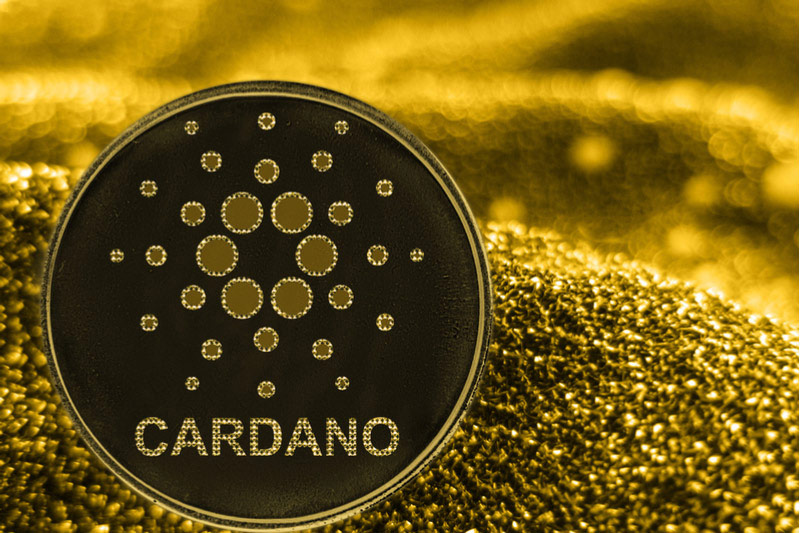Who is Kevin Hassett? Wolfe looks at the Trump ally tipped to become Fed Chair.
- The new bipartisan crypto bill classifies Cardano as a commodity.
- It is based on a claim that Cardano is not fully decentralized.
- Cardano is also required to file disclosures with the SEC.
The new bipartisan crypto bill classifies Cardano and Solana as commodities, claiming that they are not fully decentralized. It is the biggest crypto bill proposal to be put forward in the USA.
Cardano, along with Solana and other coins, is now classified as a commodity. The Twitter (NYSE:TWTR) account ADA whale responded to the news by saying that Cardano is more decentralized than Ethereum. He also questioned the person who would file the disclosures with the SEC.
This is actually hilarious. Cardano is as (if we’re being charitable) or more decentralised than Ethereum. Who is going to file our “disclosures with the SEC”?? I recommend @eltanotheking and he must do it in all caps https://t.co/OvWmld2WnQ— ADA whale (@cardano_whale) June 8, 2022
The whale’s mocking reply highlights the inability of the crypto bill to analyze different coins properly, indicating that the bill might be a pain for the Cardano and Solana developers and community. But on the other hand, the general crypto bipartisan bill, which Senator Cynthia Lummis and Kirsten Gillibrand put forward, has not passed yet.
The bill states that the Securities and Exchange Commission will regulate many coins as commodities. Also, transactions under $200 are exempt from tax. There will also be further clarity on tax-related to mining and staking income. The new bill has fixed the crypto broker law with self custody wallets being protected.
The bill also covers rules to tackle the stablecoin issue. The new bill states that stablecoins should be 100% backed. This move is significant as the trust in stablecoins seems to have faded away with the fall of UST and the terra ecosystem. The bill also covers consumer protection and will put up a robust oversight over crypto exchanges.
While regulations around DeFi and NFTs are not mentioned in the bill, they might be addressed at a later stage. If the bill comes into place, it might push the crypto market in a forward direction in the US.
